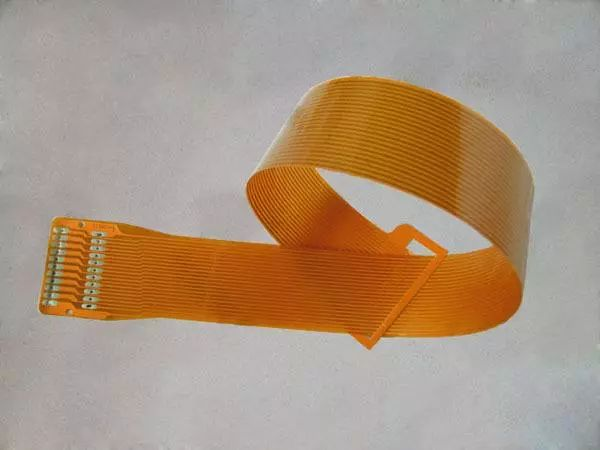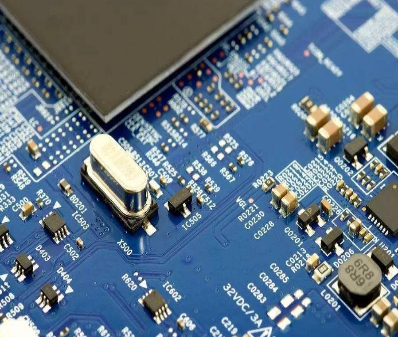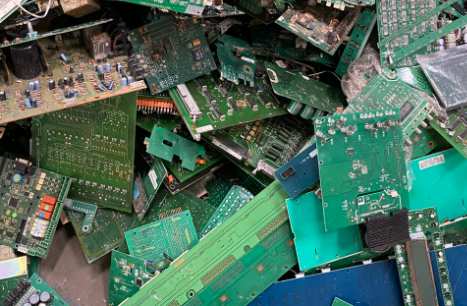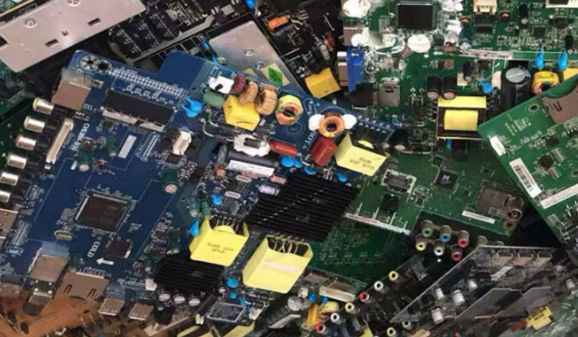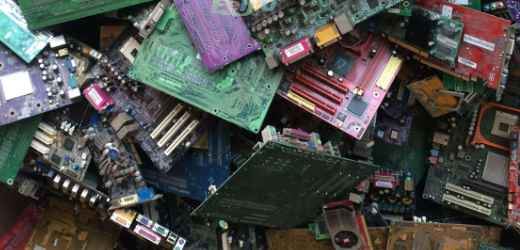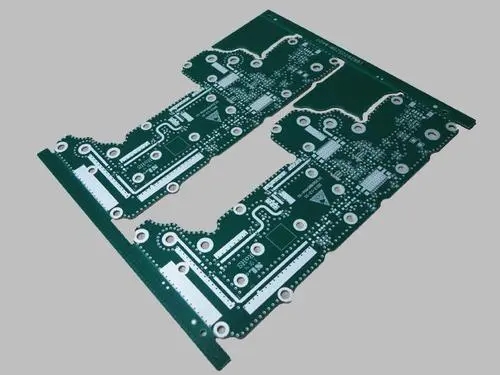
Circuit board factory: production process and specification of steel mesh
With the rapid development of electronic products, components begin to become smaller and smaller, and the requirements for steel mesh become higher and higher. According to different manufacturing processes, steel mesh mainly includes chemical etching, laser cutting and electroforming. The steel mesh is mainly composed of mesh frame, wire mesh, steel sheet and adhesive glue. 1、 Materials for making steel mesh 1. The mesh frame is divided into movable mesh and fixed mesh frame. The movable mesh frame directly installs steel sheets on the frame, and one mesh frame can be used repeatedly; The screen frame is fixed by gluing the screen yarn on the screen frame, and the latter is fixed by gluing. The fixed mesh frame is easy to obtain uniform steel sheet tension, which is generally 3
With the rapid development of electronic products, components begin to become smaller and smaller, and the requirements for steel mesh become higher and higher. According to different manufacturing processes, steel mesh mainly includes chemical etching, laser cutting and electroforming. The steel mesh is mainly composed of mesh frame, wire mesh, steel sheet and adhesive glue.
1、 Materials for making steel mesh
1. Net frame
The mesh frame is divided into movable mesh and fixed mesh frame. The movable mesh frame directly installs the steel sheet on the frame, and one mesh frame can be used repeatedly; The screen frame is fixed by gluing the screen yarn on the screen frame, and the latter is fixed by gluing. It is easy to obtain uniform steel sheet tension for fixed mesh frame, and the tension is generally 35~48N/cm2. (The allowable tension of normal fixed mesh frame is 35 N-42 N)
2. Gauze
Mesh is used to fix steel sheet and mesh frame, which can be divided into stainless steel wire mesh and polymer polyester mesh. The stainless steel wire mesh is usually about 100 meshes, which can provide a relatively stable and sufficient tension. However, after being used for a long time, the stainless steel wire mesh is easy to deform and lose tension; Polyester net fly organic matter is often 100 mesh, which is not easy to deform and has a long service life.
3. Flake
Namely, copper sheet, stainless steel sheet, nickel alloy and polyester used for opening. The foreign high-quality 301/304 stainless steel sheet is generally used as the formwork, which greatly improves the service life of the formwork due to its excellent mechanical properties.
4. Glue
The glue used to paste the mesh frame and steel sheet plays a big role in the formwork. It can be specially used according to the use of different customers. This glue can maintain a firm adhesion and resist the complex cleaning of various formwork cleaning agents.
2、 Fabrication method
1. Chemical etching
Process flow: data file PCB → film production → exposure → development → etching → steel sheet cleaning → mesh tensioning

Features: One time forming, faster; cheapness.
Disadvantages: It is easy to form an hourglass shape (insufficient etching) or the opening size becomes larger (excessive etching); The objective factors (experience, medicament, film) have great influence, many production links, and large cumulative error, which are not suitable for fine pitch steel mesh production method; The production process is polluting and not conducive to environmental protection.
2. Laser cutting method
Process flow: film making PCB → taking coordinates → data file → data processing → laser cutting → grinding → mesh tensioning
Features: high accuracy of data production, less impact of objective factors; Trapezoidal opening is favorable for demoulding; It can be used for precision cutting; The price is moderate.
Disadvantages: cutting one by one, slow production speed.
3. Electroforming
Process flow: coating photosensitive film on the substrate → exposure → development → electroforming nickel → forming → steel sheet cleaning → mesh tensioning
Features: The hole wall is smooth, especially suitable for the production of ultra-fine spacing steel mesh.
Disadvantages: the process is difficult to control, and the production process is polluted, which is not conducive to environmental protection; The production cycle is long and the price is too high.
Steel mesh fabrication
3、 Opening design
The opening design of steel mesh shall consider the demoulding property of solder paste, which is determined by three factors:
① Width thickness ratio/area ratio of opening; ② The geometry of the opening sidewall; ③ Hole wall finish.
Among the three factors, the last two are determined by the manufacturing technology of the steel mesh, and the first one is considered more.
Because the laser steel mesh has a good cost performance, we focus on the opening design of the laser steel mesh.
First of all, we understand the width thickness ratio and area ratio: width thickness ratio: the ratio of opening width to steel mesh thickness. Area ratio: the ratio of the opening area to the cross-sectional area of the hole wall
Generally speaking, to obtain a good demoulding effect, the width thickness ratio should be greater than 1.5 and the area ratio should be greater than 0.66.
Of course, when designing the opening of the steel mesh, it is not allowed to blindly pursue the width thickness ratio or area ratio while ignoring other process problems, such as connecting tin, excessive tin, etc. In addition, we should give more consideration to how to prevent solder beads for sheet elements above 0603 (1608).
Tips for steel mesh (SMT template) opening design:
1. Fine pitch IC/QFP, in order to prevent stress concentration, it is better to fillet at both ends; BGA with square hole and 0402 and 0201 pieces are the same.
2. The best way to prevent tin bead opening of sheet components is to select the concave opening method, which can effectively prevent component tombstones.
3. During the design of steel mesh, the opening width shall ensure that at least 4 largest tin balls can pass through smoothly.
4、 Post processing
Etching and electroforming steel mesh generally do not do post-processing. The post-processing of steel mesh here is mainly for laser steel mesh.
After laser cutting, metal slag will be generated and attached to the wall and opening, so surface grinding is generally required; Of course, grinding is not only to remove slag (burr), but also to roughen the surface of steel sheet to increase the surface friction, so as to facilitate the rolling of solder paste and achieve good tin effect. If necessary, "electric polishing" can also be selected to completely remove slag (burrs) and improve the hole wall.
Different pcb manufacturing process, raw materials used and opening design will have an important impact on the quality of steel mesh, so it is necessary to master the manufacturing process and specifications of steel mesh.


